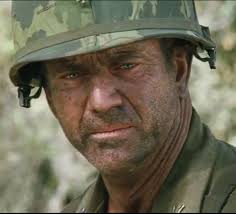
The private school sector is highly competitive, and many schools consider teachers, curriculum, and facilities to be the most important factors driving future growth and success. While these are all important strategic assets, the right insurance coverage is also essential. An insurance policy safeguards your assets and acts as a risk management tool to protect every aspect of your school.
The Importance of Private School Insurance
Private school insurance is designed to protect your school in the event it is held liable for harm or damage caused to students, staff, volunteers, visitors, or property on premise or at a school event. Depending on your state, there may be mandated insurance requirements in place, or you may be expected to adhere to certain guidelines. However, even when no such regulations exist, all private schools should consider exceeding the minimum requirements. If you lack sufficient coverage, even a single incident could be enough to close down your school.
What to Look For in an Insurance Policy
There are huge disparities between different private school insurance policies and their offerings. To ensure you are adequately covered, make sure that your policy includes all of the following:
General Liability Insurance
This type of insurance covers accidents, injuries, and property as well as, in some policies, non-physical harm such as damage to reputation or professional disputes against the school. Many states require private schools to hold this type of insurance and often little else. However, general liability insurance alone does not provide sufficient coverage as it fails to protect schools from risks such as teacher or volunteer misconduct and injuries during sporting events.
Vehicle Insurance
Any school transportation vehicles, such as school buses (a term which refers to any vehicle transporting students to and from school), require their own insurance policies. Once again, the exact requirements for insurance will vary according to state, although you should always choose a level of coverage that will sufficiently protect passengers, drivers, property, and the school.
Property Insurance
Property insurance covers a school's buildings, grounds, and the property contained within them against vandalism, fire, and natural disaster. You can also purchase additional "floating" property insurance to cover your property when it is off school premises. This may be beneficial if students are participating in off-site sporting events, you are renting equipment to students, teachers, or members of your community, or you otherwise want to insure property when it leaves school grounds.
Other Types of Coverage
Some other types of coverage are more challenging to find outside a private school insurance program but are essential for providing you with full protection from liability. These include:
- Educators professional liability — Even if your staff does nothing wrong, they may be named in a lawsuit, which can be costly to defend. If the case comes to a settlement, your school will pay even more. Other related risks covered by these policies are sexual abuse and molestation liability and corporal punishment liability.
- Equipment failure coverage — This insurance enables you to recover some of the costs of damage to equipment, including a temporary closure of the school due to unforeseen events or a loss of electronic data.
- Sports liability — This will provide your private school with coverage if students are partaking in potentially dangerous sports and with concussions on the rise, is an important policy to have in place.
Private schools face unique risks that require customized insurance solutions. If you're not sure whether your school's policy offers adequate coverage, or would like to review your existing policy, give us a call!





